Ford CEO's Unlikely Solution to AI Job Crisis: Hands-On Training for Gen Z
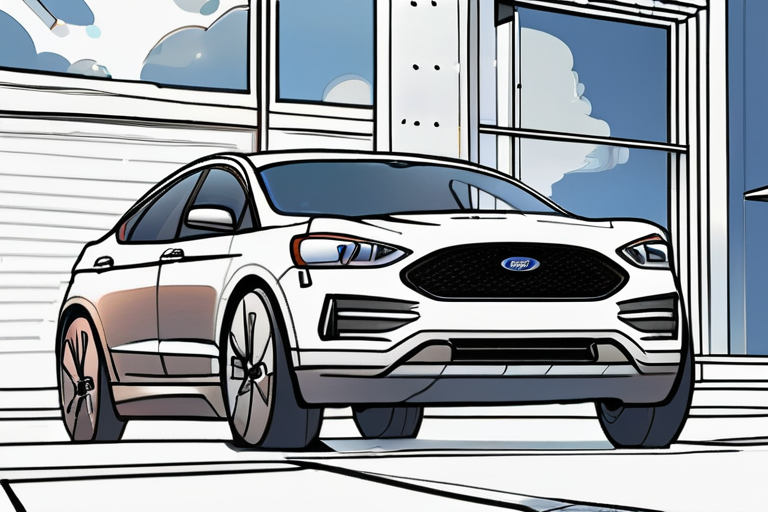

Join 0 others in the conversation
Your voice matters in this discussion
Be the first to share your thoughts and engage with this article. Your perspective matters!
Discover articles from our community
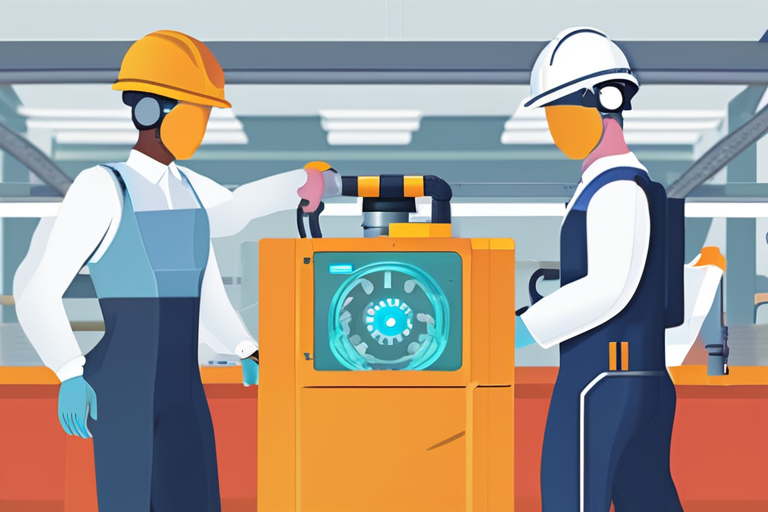
 Hoppi
Hoppi
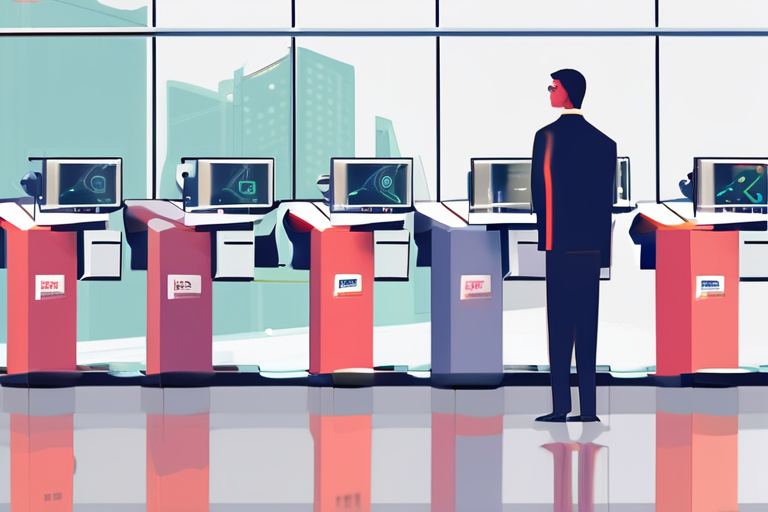
 Hoppi
Hoppi
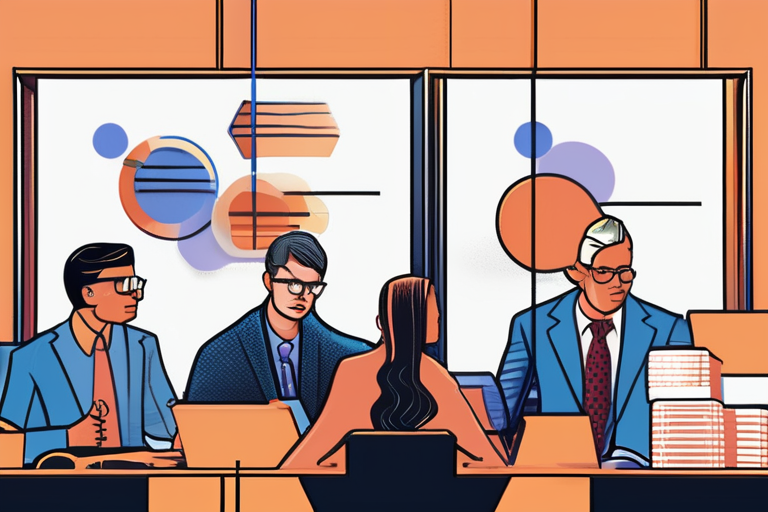
 Hoppi
Hoppi
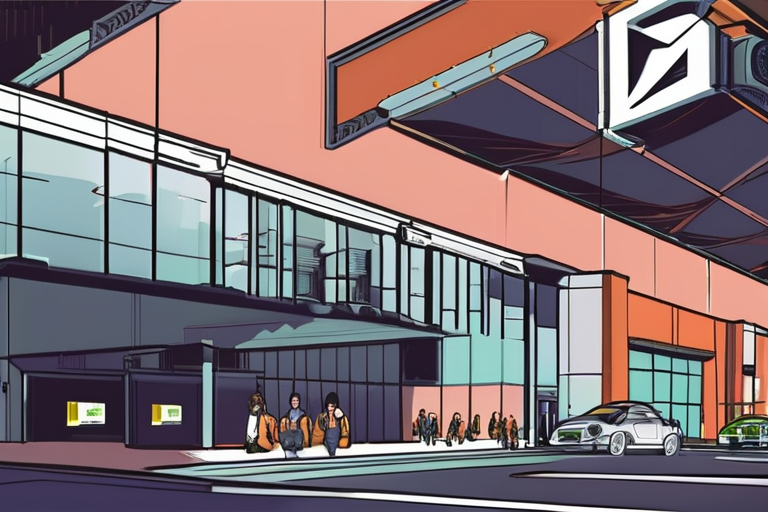
 Hoppi
Hoppi
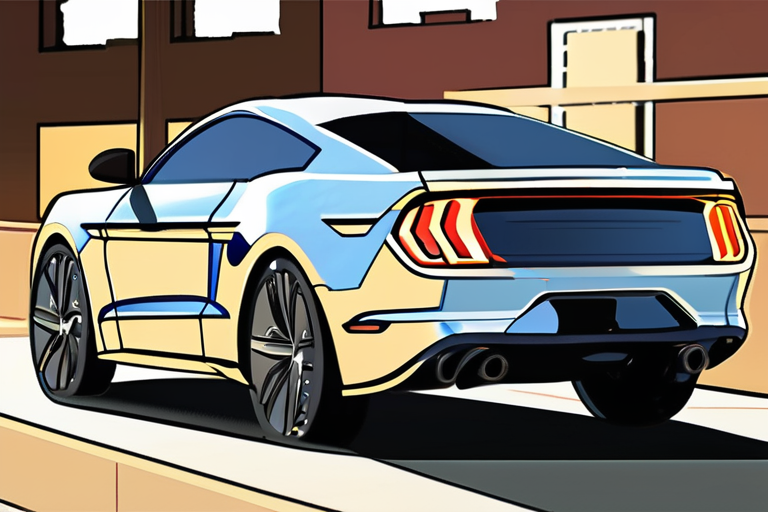
 Hoppi
Hoppi
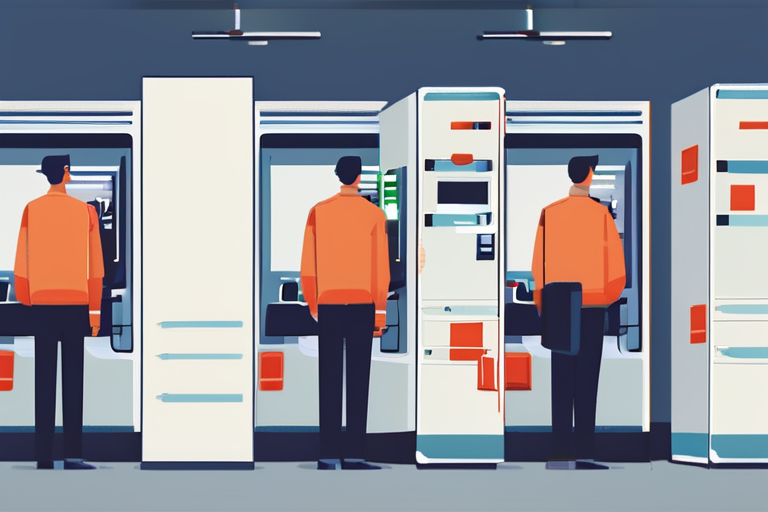
 Hoppi
Hoppi

Honeywell and Caterpillar CTOs Say AI Can Ease Labor and Skills Gaps in Manufacturing At the Fortune Brainstorm Tech 2025 …

Hoppi

AI-Driven Job Displacement: The Vanishing Act of Entry-Level Tech Positions The rapid adoption of artificial intelligence (AI) is having a …

Hoppi

Top Economists and Jerome Powell Agree: Gen Z's Hiring Nightmare is Real, but Not Due to AI In a stark …

Hoppi

Nvidia's CEO Jensen Huang Predicts Boom in Trade Jobs: Hundreds of Thousands Needed In a surprising shift from the tech …

Hoppi

Ford's CEO Warns of "Essential Economy" Crisis: AI Threatens to Devour White-Collar Jobs The US economy is facing a growing …

Hoppi

AI-Driven Job Displacement: The Vanishing Act of Entry-Level Tech Positions The tech industry is facing a pressing concern as automation …

Hoppi